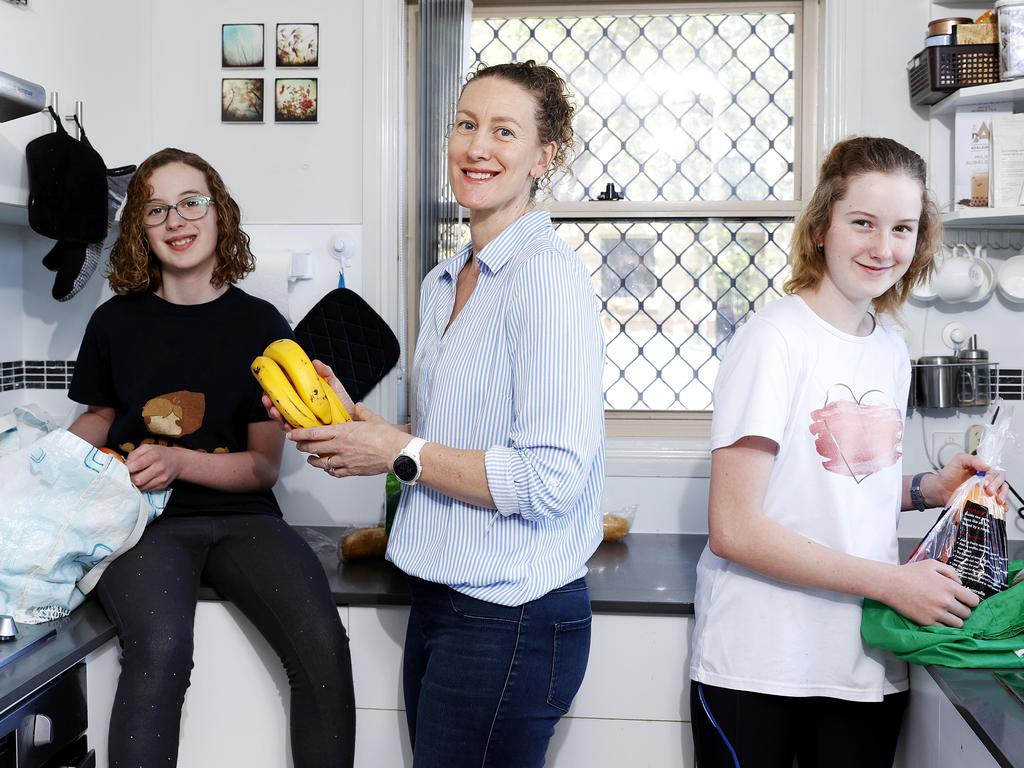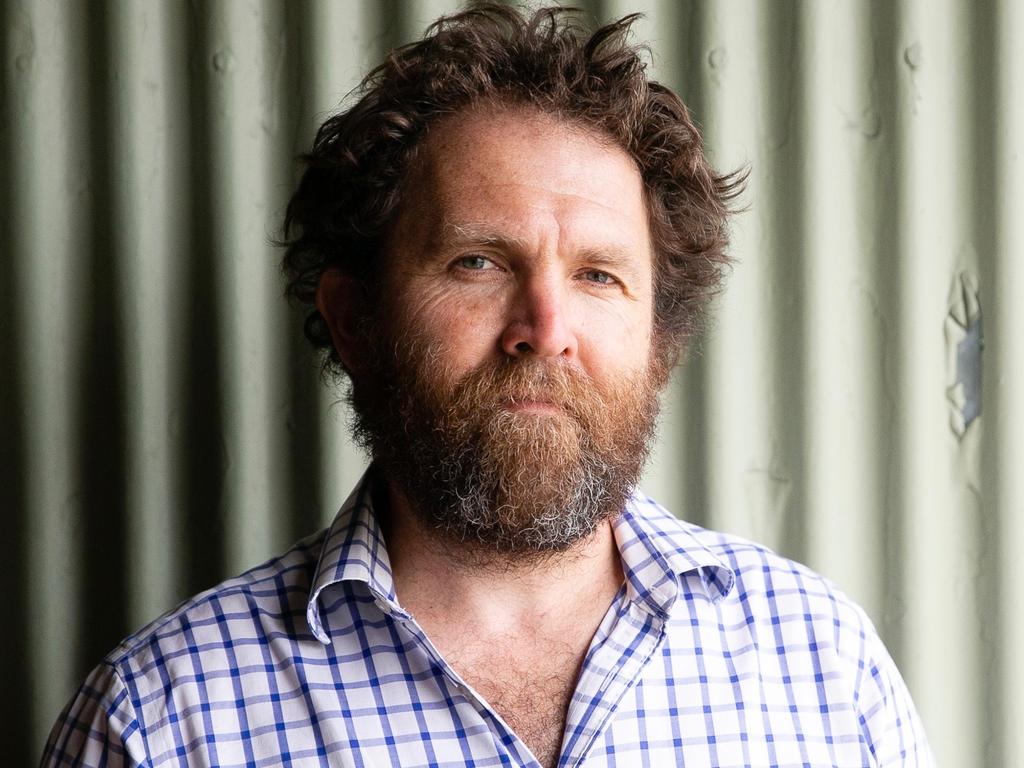How going net zero will save NSW money on energy bills
Sydneysiders can make simple, fast changes to their energy usage and petrol bills by choosing greener ways to live.
NSW could save almost 50c every time they have a shower, slash their heating costs by two-thirds and make a cup of tea for just one cent, astonishing new research shows.
The analysis, commissioned by The Saturday Telegraph, also reveals car fuel costs could be cut by more than half after households are converted to renewable energy.
The research breaks down figures contained in the newly released Rewiring Australia report by globally renowned Australian energy guru Saul Griffith, who is now an energy adviser to the US government.
Rewiring Australia found that by 2030, the average Australian household could save $5,000 to $6,000 a year on energy and vehicle costs compared to now by replacing gas and coal-fired electricity with renewable power augmented by heat pumps.
But the breakdown commissioned by The Saturday Telegraph reveals that consumers could in fact see massive savings by 2025, especially if they are using solar power — which is now increasingly available with no-upfront cost.

This includes slashing the cost of home heating from an average of $1.98 a day with gas to just 59c a day with an electric heat pump powered by solar. Average car fuel costs would also be cut from 12c a kilometre for a petrol vehicle to just 5c per kilometre for an electric vehicle.
The analysis has even broken down the cost of having a “luxurious shower”, showing it would drop from an average of 66c with gas hot water to just 20 cents with a solar powered heat pump.
And the cost of making a cup of tea would fall from an average of 9c if boiled on a gas stove or 6c with an electric kettle to just 1c under financed solar power.
Dr Griffith, the founder and chief scientist of energy advisory firm Otherlab, said the transformation of suburban power supply would not just cut costs but also be a massive economic and employment boost.
“Rewiring our castles and cars is an enormous opportunity to demolish our power and petrol bills and generate tens of thousands of jobs for tradies,” he told the Telegraph.
“We need to grasp this opportunity. And if we do, the average household will save five grand on their power and petrol bill, every year. The future looks like vastly cheaper energy, better homes and nicer cars, healthier kids and cleaner waterways if we commit to electrification.”
Dr Griffith said Australia was the best placed country in the world to benefit from clean energy.
“Australia, more than any other country, will benefit from rewiring,” he said.
“We already lead the world in harvesting solar which is why our rooftop solar is the cheapest delivered electricity anywhere in the world. With modest investment and solid commitment we can extend this lead and sell technology and the know-how of wiring it all together to the world.”
The straight-talking Dr Griffith, a Sydney-born engineer who obtained his PhD at the world-renowned Massachusetts Institute of Technology, is widely regarded as a world leader in new energy systems and an adviser to US President Joe Biden.
He said a switch to electricity would make individuals healthier and also improve Australia’s national fuel security.
“Replacing our carbon-heavy devices with clean electrical ones will also make us healthier and more self-reliant,” he said. “Rewiring means cleaner air inside our homes and vehicles and less reliance on imported diesel and petrol.”
Dr Griffith, an outspoken optimist about Australia’s future, also said it would be “awesome”.
“Electric technology will be awesome fun. Electric jet skis, dirt bikes and boats are on their way. I can personally guarantee that you can do an excellent doughnut in an electric ute,” he said.
“Rewiring is the fastest, cheapest and best way to drive down fossil fuel emissions in our homes and cars. All the technology is here. We just need to get it into homes and driveways as quickly as possible. The next time the hot water service, space heater or gas stove fails, it should be replaced with an electric device, powered by solar.

Saving money and protecting the environment for her children is top of mind for a Sydney mum building a new home using sustainable design principles.
Seaforth mother-of-two Kirsten Kerrisk said because her family had the luxury of knocking down a house and “rebuilding from scratch” they can make crucial decisions to make the home more efficient from the ground up.
“I want to live more sustainably, for the environment, but also these green measures do pay,” she said.
“There’s a bit of cost at the beginning, but you’re saving money over the years by using less energy, particularly if you’re in it for the long haul.”
Ms Kerrisk said there would be solar panels and “maybe a battery” as she considers having the building “fully off the grid” meaning she would never have a power bill again.
“With the tariffs coming down, the governments paying less and the power companies paying less for the amount of power you’re giving back to the grid … I don’t see any benefit to be connected if we can produce enough of our own power and we can reduce our consumption,” she said.
Ms Kerrisk said her new house would be oriented to “take advantage” of the natural light, with elements including double glazed windows, and good insulation to capture warmth in the winter and keep things cool in the summer.
Money will also be saved by reusing rainwater for gardens, the toilet and laundry.
Ms Kerrisk will also reduce energy consumption with “smart home” features, which would allow her to do things like switch off the hot water system when the family is away.
She said energy efficient and smart products had become cheaper, but she hoped more Australian manufacturers would be supported to drive down prices as she wanted to support locals.
“I don’t think Australia can supply or manufacture this stuff as cheaply as a country like China can, and I’m hoping that things change in that respect,” she said.
Originally published as How going net zero will save NSW money on energy bills


